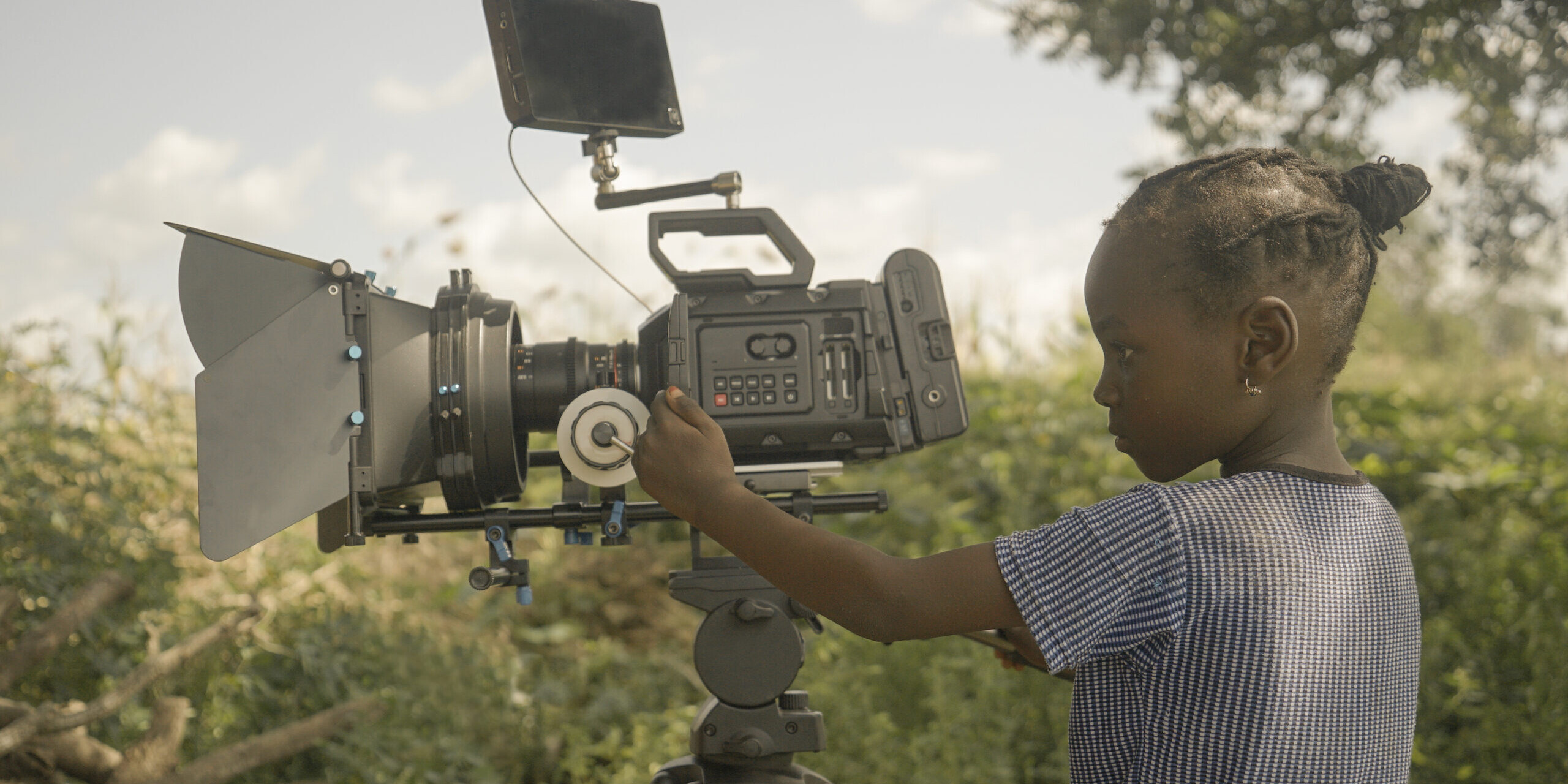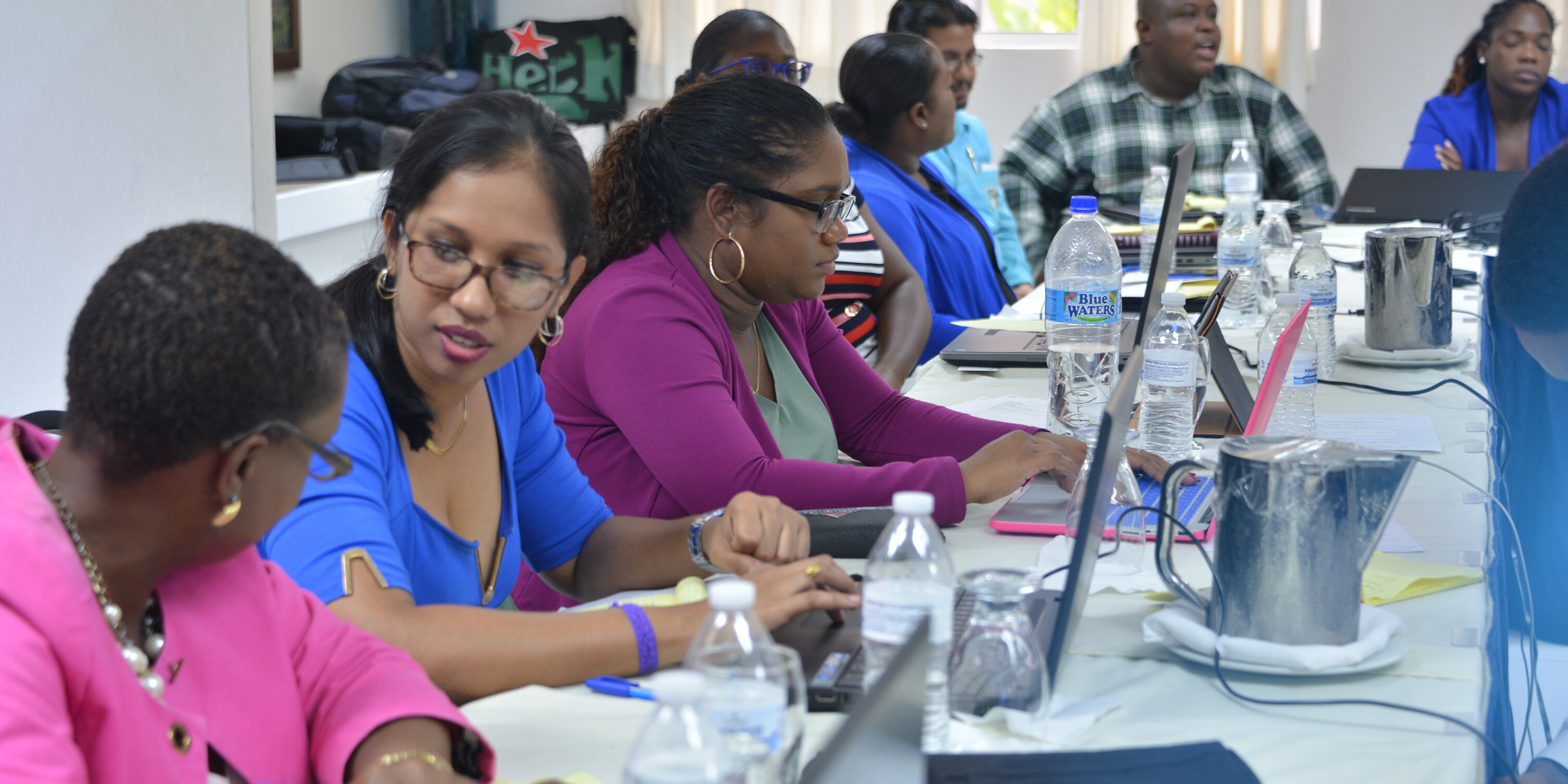Project
What?
The “Building the Caribbean’s Next Generation of Media Literate Citizens” project aims to establish sustainable MIL initiatives in the Caribbean. Initially benefiting schoolchildren, it aims to extend its impact across society, emphasising the importance of MIL from an early age.
The project also strives to strengthen relationships and understanding between news and education sectors, integrating MIL into the broader education system. Furthermore, it specifically targets news media and seeks to promote news literacy among Caribbean professionals, fostering meticulous reporting, fact-checking, improved information access, and transparent media ownership.
The project will be split across several key activities:
- MIL digital library – a toolkit of media literacy resources for journalists and educators
- Digital library evaluation workshop – two workshops with regional stakeholders to assess the MIL digital library
- Capacity-building workshops – two-day online workshops for journalists and educators, complemented by the digital library of resources
- In-country events for schoolchildren – benefiting ages 9-15, including school assemblies, studio tours, and MIL pop-ups
- Regional consultation – a virtual roundtable for collaboration and initiatives, engaging regional stakeholders
Why?
At the heart of this project is the recognition that building the media and information literacy skills of citizens – particularly their news literacy and digital literacy skills – requires a multisectoral approach. Such an effort must be conducted collaboratively by journalism and educational stakeholders, who are capably equipped with media literacy skills themselves. Notably, improved media literacy is especially needed among youth populations, especially in the face of rising levels of mis- and disinformation and attacks against journalists.
PMA’s recent Caribbean research emphasised the need to build the “next generation of media literate citizens”, who are equipped with the competencies, knowledge, and skills to make informed decisions about their lives and the societies in which they live. Educators and media professionals therefore have a key role to play in empowering young people.
Conversely, news producers are typically underserved in regards to MIL, with most initiatives focused on audiences and educators rather than training journalists in MIL practices. In the Caribbean region, recent research from the PMA and our regional partners show that both audiences and journalists are in dire need of media literacy training.
When?
This project will run from March to December 2024.
Latest updates
How media literacy is empowering Caribbean youth
29th November 2024
Initiatives like the Public Media Alliance's media literacy project are unlocking new possibilities for young people in the region
Next phase of MIL Caribbean project kicks off in Barbados
6th November 2024
The in-person visits to schools and newsrooms form part of wider MIL activities taking place in four countries across the Caribbean.
Join PMA and UNESCO in shaping the future of Caribbean media literacy
1st October 2024
The Public Media Alliance will conclude its Caribbean media literacy on December 10 with a regional consultation.
Building media literacy: educators and journalists engage in UNESCO-supported bootcamps in the Caribbean
9th July 2024
In this UNESCO article, we take a look back at PMA's recent media literacy bootcamps for Caribbean educators and journalists.
First Caribbean media literacy bootcamp kicks off
6th June 2024
Public Media Alliance will today begin the first of its online Media Literacy Bootcamps for Caribbean media professionals.
Media literacy digital library live now!
31st May 2024
The Public Media Alliance's newly launched media literacy digital library aims to bolster the skills of Caribbean educators and journalists.
Project reports
Digital library of media literacy resources
2024
In the ever-evolving media and information landscape, being equipped with the necessary media literacy skills is essential for progress towards an informed and resilient society. Our mission is to empower Caribbean educators and journalists with the tools and knowledge they need to navigate this digital era confidently.
This comprehensive collection of resources is designed to support and enhance media and information literacy (MIL) skills among educators and journalists, with a particular focus on news literacy and digital literacy.
With a diverse range of materials including video tips, guides, lesson plans, and interactive exercises, this library provides invaluable resources to sustain the project’s objectives beyond workshop sessions.
The library is also made up of expert videos specially produced for this project and geared at guiding educators and journalists through developing their own media literacy approaches.
Educators and journalists alike will find practical tools, strategies, and even inspiration to cultivate their MIL skills and those of their target audiences.
Explore the digital library:
Project partners
The project is being implemented by the Public Media Alliance and our regional partners, the Media Institute of the Caribbean (MIC) and the Association of Caribbean Media Workers (ACM). It is supported by the UNESCO Cluster Office for the Caribbean and UNESCO’s International Programme for the Development of Communication (IPDC).

Featured image: African Director child is using camera. Credit: iismailsahin / Shutterstock.com





